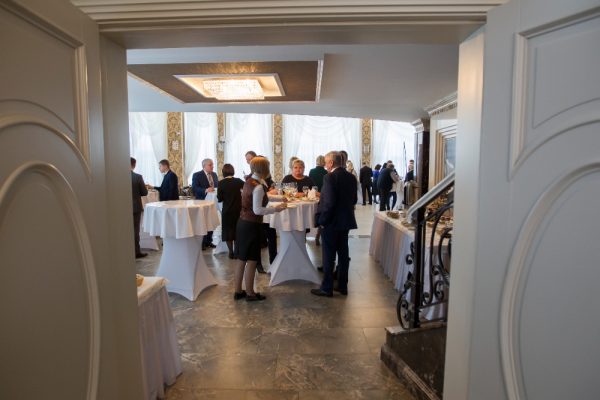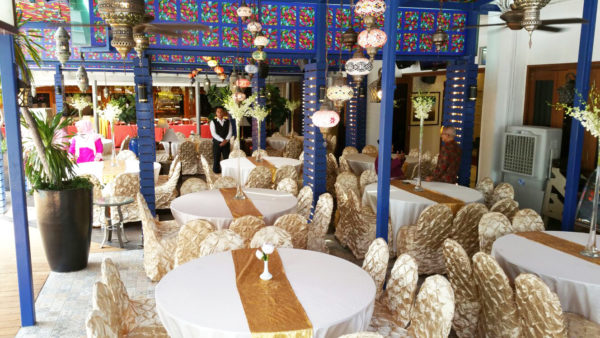In the vibrant world of dining experiences, buffets reign supreme for their all-encompassing array of culinary delights. However, when it comes to choosing between a traditional buffet and a halal buffet at a hotel, there’s more than meets the eye. Let’s embark on a flavorful journey to uncover the distinctive features that set these two dining concepts apart, focusing on the unique appeal and cultural significance of the halal buffet hotel experience.
Buffet Dining: An Age-Old Tradition
Buffets have long been cherished for their convenience and variety, offering guests the freedom to indulge in an assortment of dishes tailored to their tastes and preferences. Whether it’s breakfast, brunch, or dinner, buffets embody the spirit of abundance and choice, making them a popular choice for casual dining and celebratory occasions alike.
Traditional Buffet: The Classic Spread
Traditional buffets, typically found in standalone restaurants or event venues, boast an expansive selection of dishes representing various cuisines and culinary traditions. From mouthwatering appetizers to decadent desserts, traditional buffets prioritize variety and quantity, aiming to cater to a diverse clientele seeking an all-inclusive dining experience.
Key Features of Traditional Buffets:
– Diverse Menu: Traditional buffets showcase a diverse menu spanning international flavors, from Asian stir-fries and Mediterranean mezze to American BBQ classics and European pastries.
– Casual Ambiance: With a relaxed and informal setting, traditional buffets encourage guests to explore and savor different dishes at their own pace, fostering a laid-back dining atmosphere.
– Wide Accessibility: Traditional buffets appeal to a broad audience, offering something for everyone and accommodating varying dietary preferences and restrictions.
Halal Buffet Hotel: A Culinary Paradigm Shift
In recent years, the concept of halal buffets within hotels has emerged as a progressive response to evolving consumer preferences and cultural diversity. Halal buffets adhere to Islamic dietary guidelines, ensuring that all dishes are prepared and served in accordance with halal principles, which include the exclusion of pork and alcohol, as well as specific methods of slaughter and ingredient sourcing.
Unique Aspects of Halal Buffet Hotels:
– Halal Certification: Halal buffet hotels undergo rigorous certification processes to ensure compliance with halal standards, providing reassurance to Muslim diners and those seeking halal-friendly options.
– Cultural Sensitivity: Halal buffet hotels celebrate culinary diversity while respecting cultural sensitivities, offering a curated selection of halal-certified dishes from around the world, including Asian, Middle Eastern, and Western cuisines.
– Premium Dining Experience: Halal buffet hotels elevate the buffet dining experience with upscale settings, attentive service, and an emphasis on quality, making them ideal for special occasions and upscale gatherings.
Embracing Culinary Diversity
In conclusion, the choice between a traditional buffet and a halal buffet at a hotel reflects the evolving landscape of dining preferences and cultural inclusivity. While traditional buffets emphasize variety and accessibility, halal buffet hotels offer a niche dining experience that prioritizes halal authenticity, cultural appreciation, and premium hospitality.
Whether you’re seeking a global gastronomic adventure or a halal-friendly dining experience, both concepts promise to satisfy discerning palates and celebrate the rich tapestry of culinary traditions from around the world. So, the next time you’re planning a dining outing, consider exploring the unique charm of a halal buffet hotel and discover a world of flavors with a touch of cultural flair.


